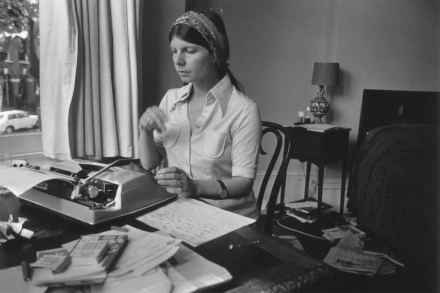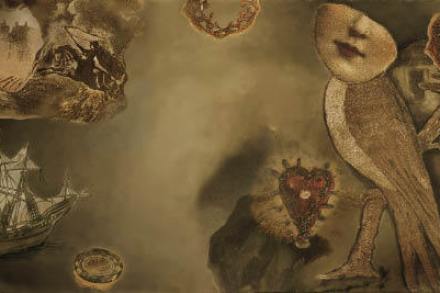No one would want to live in Jane Gardam’s stories – but they’re an amazing place to visit
In the world of Jane Gardam’s stories the past is always present, solid and often unwanted and always too big, like a heavy antique sideboard crammed into a modern retirement flat. Her characters are easily imagined surrounded by such furniture, among them ex-pats returning after careers in Hong Kong or India, their houses full of the sad paraphernalia of former empire: elephant’s foot umbrella stands or old watercolours of Bengal. Many are seeing out their days in some poverty and solitude, occasionally visited but seldom comforted by their resentful grown-up children. There is no saccharine here. Relations between offspring and parents are marked by mutual disdain and almost wilful misunderstanding,















